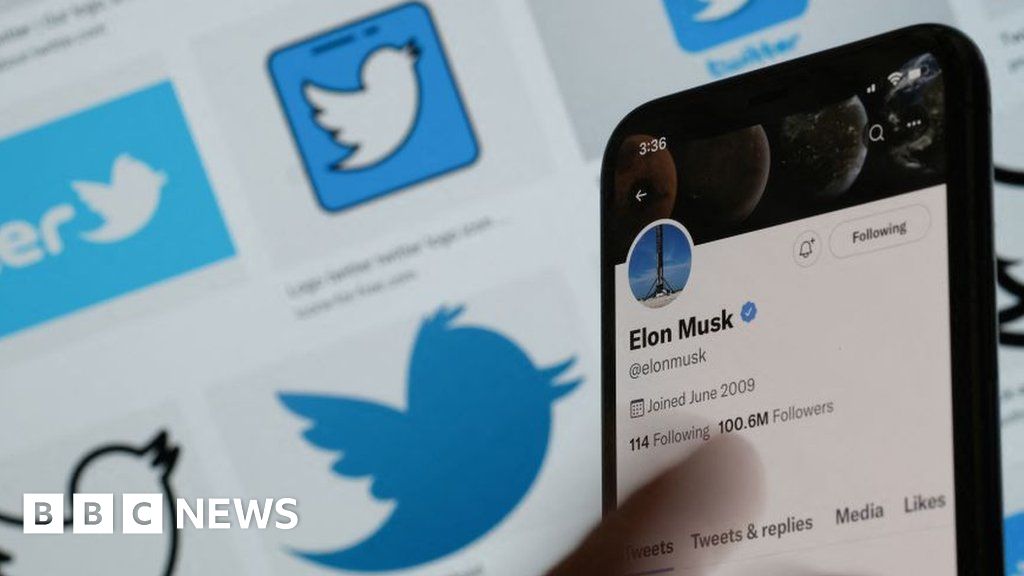Twitter was recently taken over by Elon Musk, who has changed the business in a number of ways. Most controversially, this includes changing the blue ticks that were reserved for politicians, journalists, public figures etc. to a subscription model.

This caused a rise in impostor accounts, claiming to be someone else and posting false information – with one of the most ‘disruptive’ posts posing as the pharmaceutical brand Eli Lilly and stating wrongly that that insulin would be free.
So what?
The new blue tick process encouraged a rise of misinformation and impersonations, doubts on the legitimacy of posts, and most worryingly allowed far-right figures to buy a tick following a ban.
Whilst the tick subscription has been suspended, it raised concerns about the Twitter’s verification systems and the role of social media in spreading harmful information during events such as “mass shootings, terrorist attacks or natural disasters, where Twitter is often used by local authorities, police, emergency services and journalists for accurate information and advice.”






![Poetry]](https://www.thefuturescentre.org/wp-content/uploads/2018/07/Poetry-620x390.jpg)












Join discussion